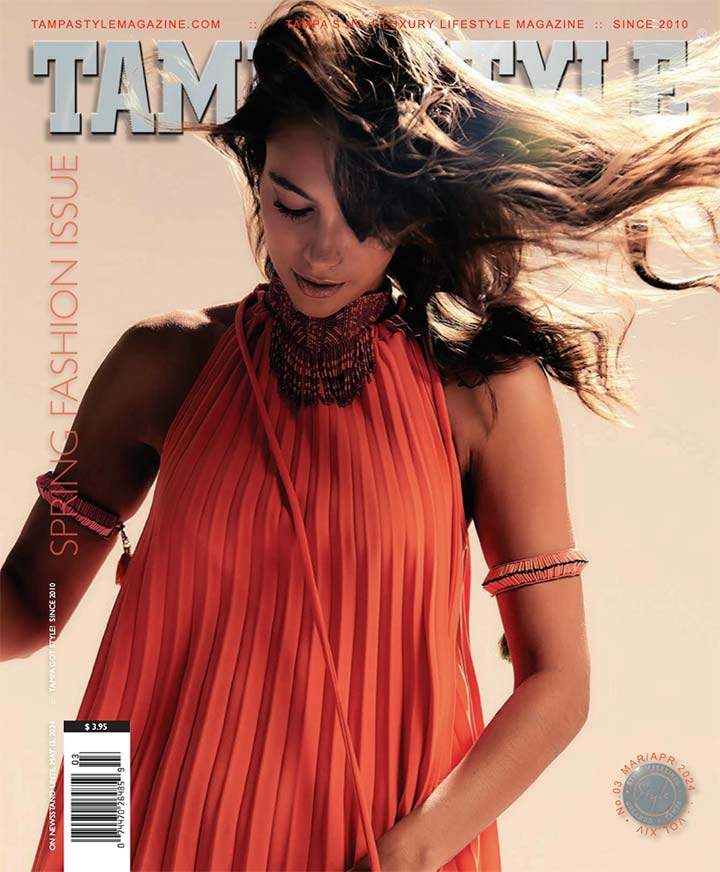A short discussion of fraud in the seafood marketplace
Contributor Vanessa Louise Braeley
YES. Seafood fraud is a thing. And one worth mentioning – at one time or another, we’ve all paid top dollar for some crisp Blue Point oysters at brunch, that extra fatty tuna belly sashimi or a creamy bowl of lobster bisque (Maine lobster, of course). Cha-ching… it adds up! And the seafood industry knows it. So they lie. They lie about the quality of the fish. They lie about where the fish is from. They lie about the species of fish. When all is said and done, Americans are paying an extra $25 billion dollars annually as a result of this trickery (more appropriately known as straight-up fraud).
Let’s back up about 6 years. In 2010, Oceana, an ocean conservation group, “conducted one of the largest seafood fraud investigations in the world to date, collecting more than 1,200 seafood samples from 674 retail outlets in 21 states to determine if they were honestly labeled.” This investigation carried on for a few years; the final report titled Oceana Study Reveals Seafood Fraud Nationwide was released in 2013, and hang on to your chopsticks, folks, because it isn’t pretty. A whopping 44% of all retail establishments sold mislabeled fish, which was identified through DNA testing. The most commonly misrepresented fish was snapper and tuna (89 and 59 percent, respectively), however halibut, grouper, cod and Chilean sea bass also made it on the list. (For those inquiring minds, only 7% of salmon is mislabeled.)
So what else are we eating? The Study goes on to say that the fish “substitutes” were often species, which carried health advisories, such as escolar and tilapia. Terrific! But don’t boycott your local sushi stop just yet; the root of the problem is much deeper than the local retail shops. Oftentimes retailers aren’t aware they are purchasing mislabeled fish. In fact, even the distributors may not know they are purchasing mislabeled fish. Researchers unanimously blame foreign fisheries from countries such as Thailand, Vietnam, Ecuador and China – all of which have “loose aquaculture laws,” as reported by The Atlantic in March 2015. Countries such as this stand to benefit from using fraudulent species, such as using catfish for grouper, in an effort to throw off inspectors at customs, avoiding anti-dumping tariffs and catching up to four times the price for its sub-par substitute. In one notable 2010 case, the FDA Office of Criminal Investigations imprisoned the former CEO of a seafood importing corporation for importing falsely labeled fish – the company reportedly saved $60 million in tariffs, which was promptly ordered to be paid back through restitution. More recently, Inside Edition conducted its own investigation of 28 different restaurants around the country, and found langostino in the lobster bisque, which the FDA says is a no-no: “[S]oup with only langostino cannot be called lobster bisque. It must be labelled as langostino lobster bisque.”
So what to do about this fishy behavior? Unfortunately, due to lack of federal funding, only 1% of imported seafood is inspected for mislabeling. Federal officials at the National Oceanic and Atmospheric Administration (NOAA) only have 90 agents nationwide to conduct these inspections. “If you consider the coastline of the U.S., it’s a massive amount of territory to be covered by 90 agents,” stated Trey Knotts from the NOAA. Thankfully, efforts are being made for the commercial industry here at home. Scientists here at the University of South Florida recently developed a portable, commercial seafood identifier called Grouperchek, which can be used by distributors, retailers and consumers.
It’s impossible to ignore that overfishing our oceans is a major contributor to this supply-and-demand crisis, but that’s a discussion for another time. The Obama administration has taken steps to address to combat fraud at the federal level by proposing the NOAA and the FDA work together on this issue. In the meantime, read the Study, avoid snapper and always pack your Grouperchek…



